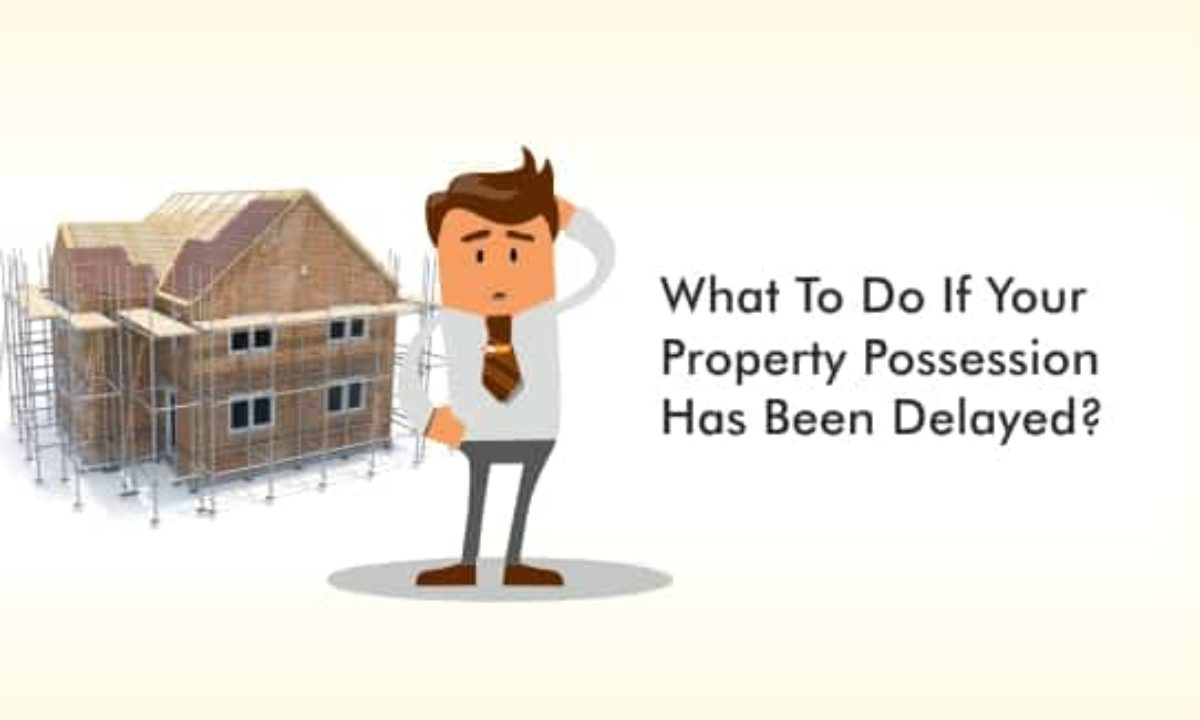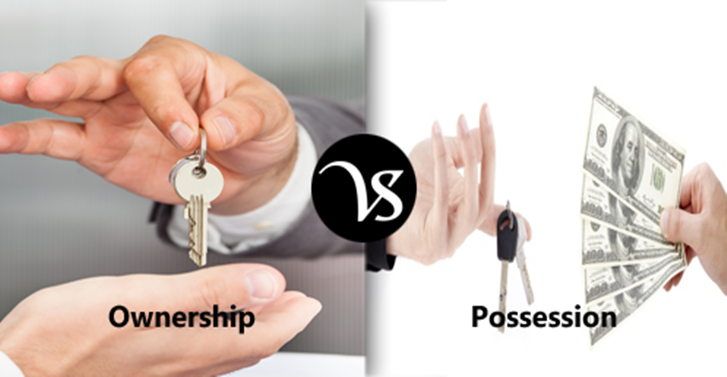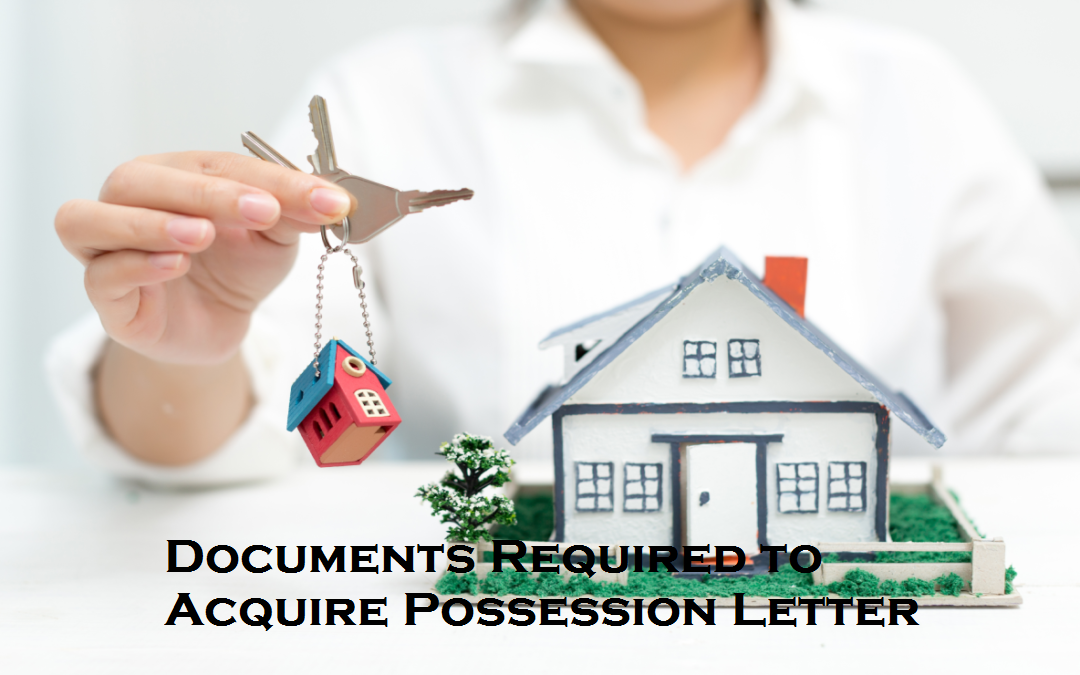What is the Difference Between Pre-Possession and Post-Possession ?
The difference between pre-possession and post-possession in real estate transactions primarily relates to when the buyer takes physical possession of the property in relation to the closing date.
1. Pre-Possession:
-
Definition: The buyer takes possession of the property before the official closing of the transaction.
-
Common Scenarios:
-
The seller has already vacated, and the buyer needs early access.
-
The buyer needs to move in before the closing due to personal or logistical reasons.
-
Construction or repair work is required before closing.
-
-
Legal Considerations:
-
A pre-possession agreement is usually required, specifying terms such as rent, liability, and maintenance.
-
The buyer may need to provide insurance coverage.
-
The risk of default increases—if the deal falls through, the seller may need to evict the buyer.
-
2. Post-Possession:
-
Definition: The seller retains possession after closing, even though ownership has transferred to the buyer.
-
Common Scenarios:
-
The seller needs additional time to move out after closing.
-
The seller is waiting for a new home to be ready.
-
The deal was negotiated with a leaseback arrangement.
-
-
Legal Considerations:
-
A post-possession agreement or leaseback is needed, outlining rental terms, security deposits, and move-out dates.
-
The buyer may require the seller to pay rent for the extended occupancy.
-
The buyer assumes ownership risks while the seller is still in possession.
-
Key Risks & Protections:
-
Pre-Possession Risks: The buyer might damage the property or back out of the deal.
-
Post-Possession Risks: The seller might refuse to vacate or cause damage.
-
Mitigation: Proper agreements with clear terms, security deposits, and insurance provisions.







